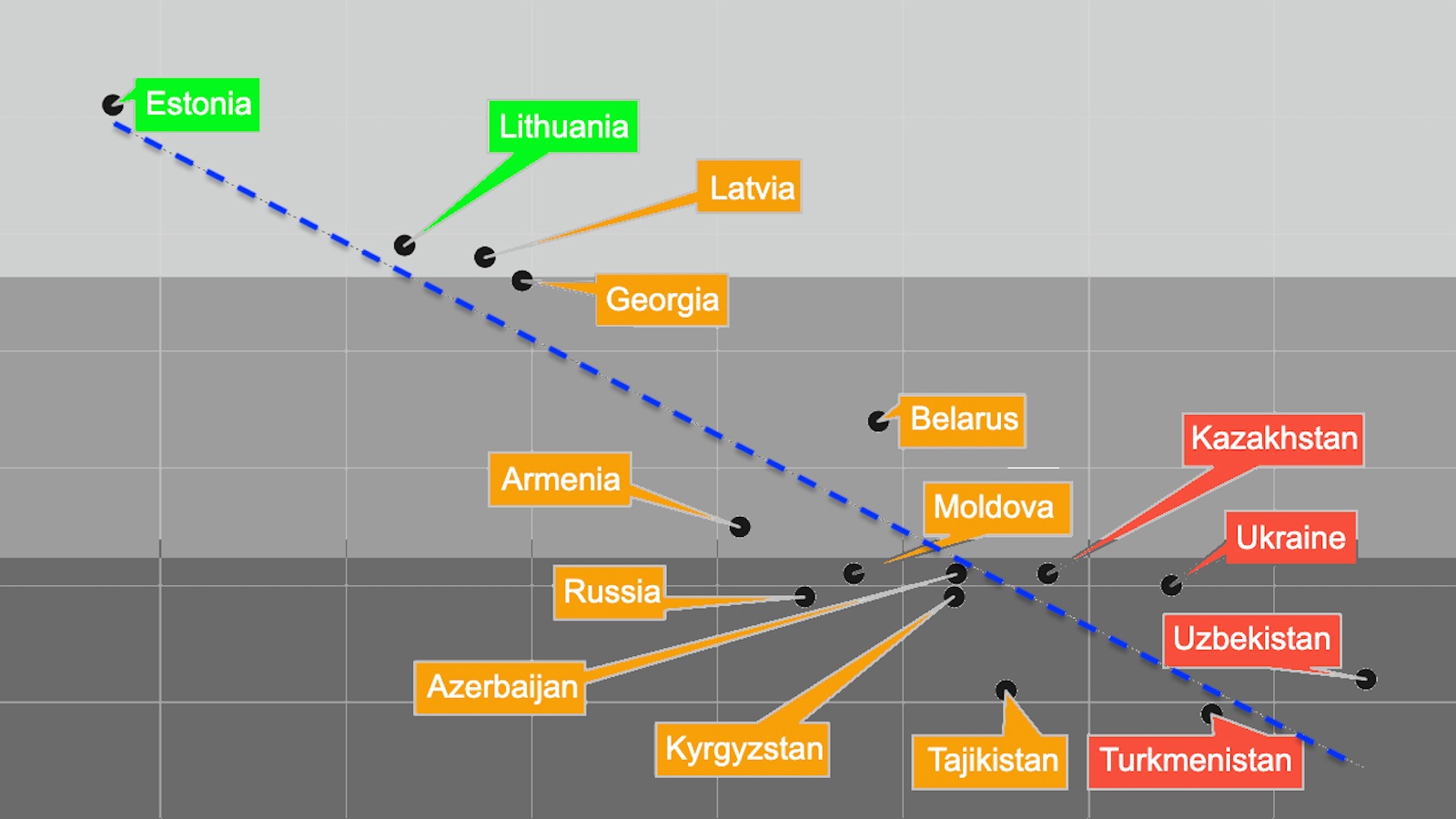Substitute foods and engineered imitations are never as good as “real foods.”
Question: What food issues arern you mostrnconcerned about right now?
rnrnrnrnNina Planck: rnWell,rnI’m very concerned about the traditional foods versus imitation foods. I still find people asking me about soyrnbutter that doesn’t contain trans-fats because now they know trans-fats rnarernbad. They’re still asking me aboutrnsubstitute foods and imitations and engineered foods and foods with rnadded thisrnor removed that and what I want them to understand is that the wholerntraditional foods are best. Evenrnif they can’t afford the best quality version of beef or eggs or milk rntheyrnought to be consuming beef or eggs or milk instead of ersatz foods.
rn
Andrn I’m alsornconcerned about a plant based diet for pregnant mothers and for youngrnchildren. There is a trend in manyrnurban areas for young children to be vegetarians and I gather from rnparents andrnfrom journalists that it’s the children who are requesting to be rnvegetariansrnand this is presented as charming. rnOnce Johnny finds out that the chicken breast comes from a rnchicken herncan’t bear to eat his friend the chicken. rnWell our son Julian who is three helps me take apart chickens rnregularly. He completely understands that hisrnfriends the farm animals are also the foods we eat. Wern are omnivores and nature created us as omnivores. Irn think there are a lot of things fivernyear-olds might want. They mightrnwant junk. They might want junkrntelevision. They might want to bernvegetarians. But it’s not a good timernfor a person to be a vegetarian. rnIf, in adulthood, you’ve been well fed in your mother’s womb and rnat herrnbreast and in your growing years you want to experiment with a high rnqualityrnvegetarian diet – or even a very carefully planned vegan diet – I think rnthat isrnacceptable, but I don’t think it’s right for children to be raised asrnvegetarians even if they ask.
rn
Therngoodrn news also is that there are now ethically sound and ecologically soundrnways to be an omnivore, and so I would urge you, if you are rnconscientious aboutrnthese matters, to find the farmers who care for animals and care for rnplants andrncare for the environment and shop from them.





